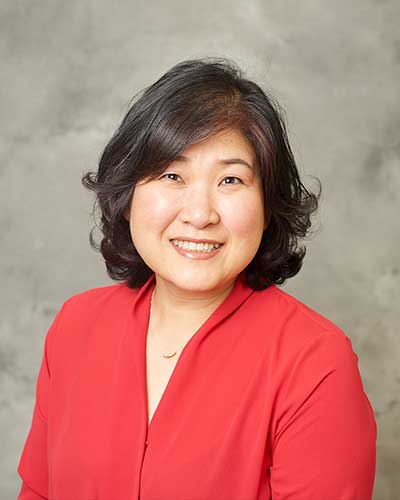Mental Health & Wellness: Finding comfort this summer amid the pandemic
Millions of people are still trying to navigate the “new normal” amid COVID-19. From adjusting to online schooling and working from home, many are trying to keep their routines intact to maintain a sense of normalcy. With this in mind, and as an active psychotherapist at Pacific Medical Centers in Lynnwood, I would like to help you better understand mental health impacts from the social isolation that we’re all experiencing.
Mental Health Impact from Social Isolation
Those who are practicing responsible social distancing may be experiencing mental health impacts from isolation. Many are experiencing anxiety around the ongoing rise in infection rates, as well as the uncertainty of job security. Due to a lack of personal connections, those who are living alone may be experiencing this at much higher levels.
I’ve noticed that many people are coping in two ways: through self-destruction or self-soothing. Self-destruction is typically not helpful in the long term but can change the mood quickly and may include the urge to eat, drink alcohol, or watch TV in excess. Self-soothing helps with anxiety and stress and can include yoga, breathing exercises, walking, or working on projects that help us feel productive.
Tips to manage stress and anxiety from social isolation include:
- Understand the risk and be mindful of what you’re hearing. Many can often feel overwhelmed while scrolling the news or through social media. It’s ok to take breaks from your phone and/or TV.
- Stay connected with friends and loved ones. As long as we’re connected with people we love and trust, we’ll feel more at ease.
- Make sure you’re moving your body. From at-home workouts to taking regular walks, it’s important to stay active and give yourself a break.
Finding Comfort During a Pandemic and Benefits of Social Isolation
Time has seemingly stood still with COVID-19, whereas before the outbreak, our schedules felt like we could never catch up. Now, many feel like they’re able to take this slower pace to complete more projects. Take this time to use your curiosity to explore past or new hobbies. I’ve been thrilled to hear that some of my patients are using this time to read, draw and do yard work.
Other things you can do to find comfort are:
- Donating things to remove clutter and cleaning, which I believe is great for bringing new energy to your home.
- Deliver gifts to your friend’s doorstep or say “hi!” from a distance. Letting people know you’re thinking about them feels good to you and them.
- Go on short drives and give yourself a change of scenery to let your brain experience something different.
- Do yoga or other workout classes virtually with friends through Zoom, Facetime, or other video programs.
The ongoing uncertainty makes us all feel like we’re losing control. However, it may be hard to see, but there are potential upsides we can all find in social isolation, including learning more about ourselves and how we like to spend our time, re-thinking possible self-destructive tendencies, and staying more in touch with long-distance friends and family.
Eun Ku is a psychotherapist at Pacific Medical Centers at the Lynnwood clinic. She has been practicing for 14 years and has been with PacMed for three years.



